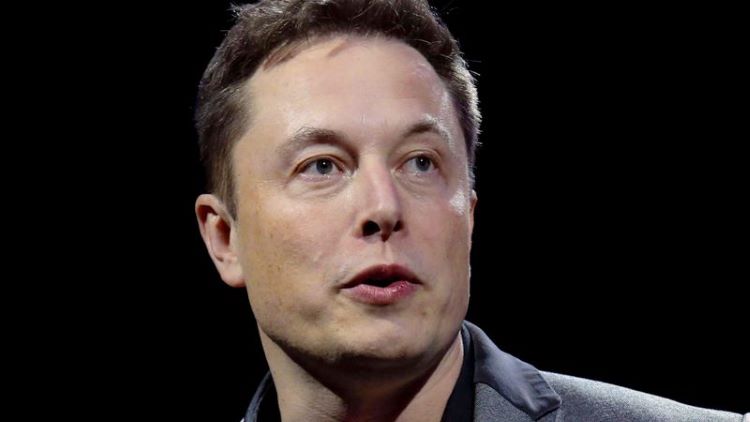Anamika Dey, editor
Brief news
- The Singapore government is promoting the adoption of electric vehicles by introducing additional Chinese electric vehicle brands and providing incentives and charging stations.
- Luxury electric vehicle brand Zeekr, owned by Geely, recently launched its premium SUV in Singapore, while Xpeng Motors also entered the market with its electric SUV.
- Singapore aims to have all vehicles operating on cleaner energy by 2040, with plans to eliminate diesel-powered cars by 2025 and internal combustion engine vehicles by 2030. The government has seen success in increasing EV adoption, with one in three new cars sold in the first half of this year being electric vehicles.
Detailed news
The government is encouraging the adoption of electric vehicles in Singapore by introducing additional Chinese electric vehicle brands and providing additional incentives and charging stations.
Zeekr, a luxury electric vehicle brand owned by Geely, made its début in the city-state last week with the Zeekr X, a premium SUV priced at 199,999 Singapore dollars ($150,604) at launch.
Xpeng Motors had previously proclaimed its entrance into the Singapore market with a pop-up showroom, which provided visitors with the opportunity to test drive the Xpeng G6 electric SUV. This announcement was made just one week prior. The conventional model is priced at SG$209,999, while the longer-range version is priced at SG$224,999.
Mars Chen, vice president of Zeekr, stated following the brand’s Singapore launch last week, “We are of the opinion that there is a desire for EVs that transcend their status as a mere mode of transportation and instead provide a premium driving experience with amenities that enhance urban living.”
“We are confident that our launch will expand our presence throughout Southeast Asia and beyond,” Chen stated.
BYD, the world’s largest EV supplier, has been in Singapore since 2014, having dethroned Tesla. Consequently, Chinese EVs are not unfamiliar to the city-state.
In December 2014, BYD’s fleet of 30 electric taxis made its debut on Singaporean roadways. Subsequently, the company introduced a variety of electric vehicles (EVs), including passenger automobiles like the e6 and Seal, as well as trucks and buses.
EV models have also been introduced in Singapore by other Chinese manufacturers, including Chery and GAC Aion.
“I believe they are attempting to expand globally, and Singapore is just one of the countries they are considering.” Jarick Seet, an analyst at Maybank Securities, stated to CNBC that Singapore’s urban landscape is ideal for electric vehicles (EVs) due to its high level of development.
“Even though Singapore’s market size is small, it is an ideal location for EV players to expand,” Seet stated, in conjunction with the government’s initiative to promote electric vehicles.
As part of the government’s initiative to ensure that all vehicles operate on cleaner energy by 2040, Singapore intends to eliminate diesel-powered automobiles and limousines in 2025 and internal combustion engine vehicles in 2030.
According to the Ministry of Transport, around one in every three new cars sold in Singapore during the first half of this year were electric vehicles (EVs). This figure is nearly double the 18% figure from 2023.
Minister of Transport Chee Hong Tat stated in July that the upfront costs of possessing an electric vehicle (EV) have decreased by up to SG$40,000 in 2024 as a result of incentives and an emissions scheme, which have considerably increased the adoption of EVs.
Chee stated that the implementation of charging infrastructure is “on track” to support a larger EV population, with a target of 60,000 charging points by 2030, despite the fact that the availability of charging infrastructure has long been a challenge. To date, more than 7,100 electric vehicle (EV) charging stations have been installed throughout the nation.
Singapore’s initiative
In September, Singapore extended the EV Early Adoption Incentive scheme by two years to 2025 in order to maintain the momentum of EV adoption.
The program provides a 45% rebate on the additional registration charge for newly registered completely electric cars and taxis, which is a tax that is imposed upon vehicle registration. The maximum rebate is SG$15,000.
Furthermore, individuals who register a transport or car with greener emissions will be eligible for an emission rebate that will be applied to defray the ARF of the vehicle.
Over the course of 2024, the passenger EV segment in Singapore will experience an increase in demand due to the local assembly of Hyundai Ioniq EVs and the extended EV subsidies, according to BMI, a subsidiary of Fitch Solutions.
Source : CNBC News



